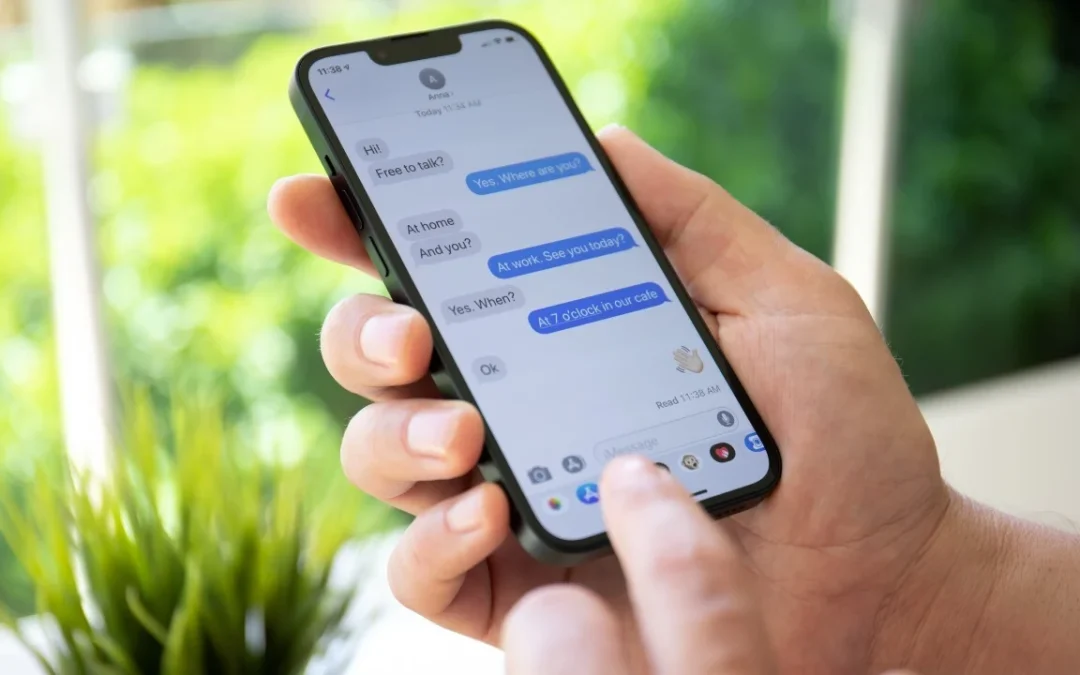Read Someone’s Texts Online: A Guide to Responsible Text Monitoring
In today’s interconnected world, the ability to read someone’s texts online offers a powerful tool for individuals looking to monitor communications for safety, security, or compliance reasons. InstantID provides a platform for users to access text messages responsibly, ensuring that all actions taken respect the privacy and legal rights of all parties involved. This article explores how to utilize such services ethically, focusing on scenarios like wanting to have someone’s text sent to my phone or understanding who they are texting.
Understanding the Legal Framework
Before leveraging any service to monitor text messages, it’s crucial to navigate the legal landscape:
- Consent: Obtaining explicit consent from the person whose messages you wish to monitor is not only ethical but often required by law.
- Privacy Rights: Be aware of and comply with privacy laws that protect individuals’ communication from unauthorized surveillance.
- Legitimate Use: Ensure your reasons for monitoring fall within acceptable and legal bounds, such as parental control over minors or employer oversight of company-owned devices.
Ethical Monitoring: How to Do It Right
Using a service to read someone’s texts online requires adherence to ethical guidelines to ensure respect for privacy and trust:
- Secure Consent: Before setting up any form of monitoring, have a clear conversation with the individual involved, explaining why and how their messages will be monitored.
- Choose Reputable Services: Platforms like InstantID are designed with privacy and legality in mind, offering a secure way to monitor text messages when necessary.
- Transparency and Trust: Maintain an open line of communication with the person being monitored, fostering an environment of trust and understanding.
Practical Uses of Text Monitoring
- Parental Oversight: Monitor communications to protect minors from potential online risks, ensuring their digital interactions are safe and appropriate.
- Protecting Business Interests: Employers may need to know who they are texting on company-owned devices to safeguard sensitive information and ensure productivity.
- Personal Security: In certain situations, being able to have someone’s text sent to my phone can be a part of personal safety strategies, especially with explicit consent.
Conclusion: Balancing Technology with Ethics
The capability to read someone’s texts online through InstantID presents a significant responsibility. It is imperative to balance technological advantages with a commitment to ethical practices and legal compliance. By focusing on transparency, consent, and legitimate use, individuals and organizations can use text monitoring tools in a way that respects individual privacy while achieving their monitoring objectives.
